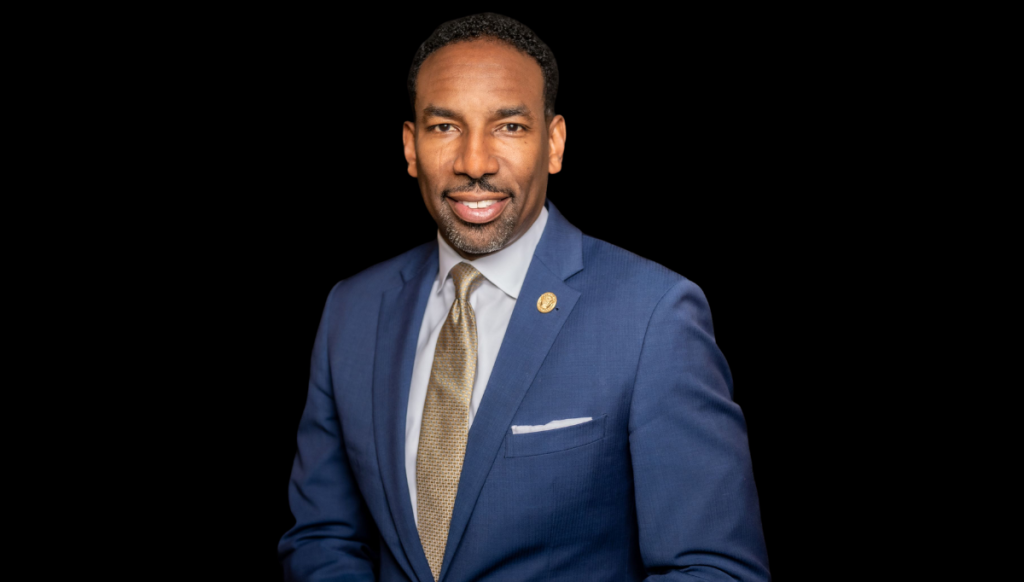As federal funding uncertainty threatens to disrupt food assistance for thousands of Atlanta families, Mayor Andre Dickens has announced decisive local action to mitigate the impact.
More than 260,000 people in metro Atlanta rely on the Supplemental Nutrition Assistance Program (SNAP), including children, seniors, working adults, and people with disabilities.
With SNAP now lapsed, the City of Atlanta has introduced emergency measures to ensure families can continue to meet their basic needs, including a temporary halt on water shutoffs and evictions.
The initiative, called ATL CARES (Community Action & Relief for Emergency Support), brings together city agencies, local nonprofits, school partners, and community organizations to support residents facing food insecurity and financial strain.
“No resident should go hungry or wonder how they will put food on the table because of a government shutdown or a failure to agree on policy decisions,” said Mayor Dickens. “We are standing in the gap — not as a replacement for federal benefits, but as a bridge.”
Mayor Dickens’ new administrative order includes two key protections, now in effect through January 31, 2026 — or until the federal funding lapse ends:
1. Water will not be shut off for non-payment. The Department of Watershed Management is directed to pause all residential water service terminations.
2. Evictions will be paused in city-owned and city-supported housing. Agencies, including Atlanta Housing Authority, Invest Atlanta, Partners for Home, and others, are instructed to halt eviction filings and late fees for residents unable to pay rent during this period.
These measures are designed to prevent families already managing rising costs from facing the compounded stress of losing housing or access to clean water.
The City also highlighted an urgent and substantial response from the Atlanta Community Food Bank, which is deploying $5 million from its reserves to purchase more than 6 million pounds of emergency food for distribution across the region over the next month.
“We’ve increased our distribution capacity by nearly 85%,” said Kyle Waide, President and CEO of the Food Bank. “These additional funds will allow us to reach thousands more households struggling to put food on the table.”
Additional partners include Goodr, Atlanta Public Schools, Hosea Helps, and neighborhood-based organizations that are mobilizing to widen food access quickly and efficiently.
More than 260,000 people in metro Atlanta rely on SNAP, including children, seniors, working adults, and people with disabilities. As Mayor Dickens noted, the crisis is about more than government policy. It’s about stability, dignity, and the city’s responsibility to its most vulnerable residents.
More resources and updates are available at atlantaga.gov and across the City’s official social platforms.




